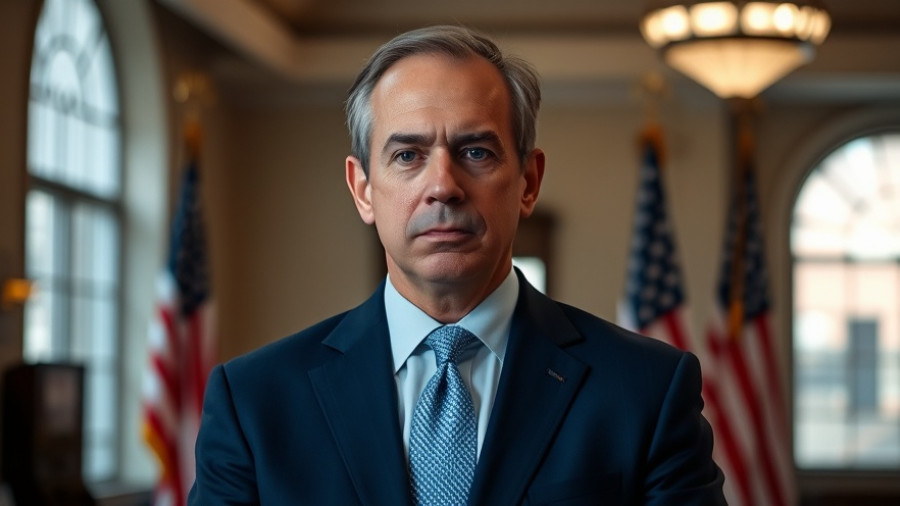
Gavin Newsom's Vetoes: A Reflection of Political Landscape in California
In a significant move this year, California Governor Gavin Newsom made headlines by vetoing several critical pieces of legislation, including proposals related to reparations and environmental regulations. What does this mean for residents, especially in regions like Bakersfield, who rely on state leadership to address both immediate concerns and long-term goals?
The Controversial Reparations Debate
California's journey toward reparations for Black residents has faced numerous hurdles, particularly with Newsom's veto of bills aimed at providing preferential treatment in college admissions and housing for descendants of enslaved people. Despite the establishment of a state agency responsible for determining eligibility for reparations, the governor's recent actions reflect a cautious approach. Isaac Bryan, a Democratic assemblyman, highlighted that while creating such an agency is a major step, many advocates view the bill vetoes as “window-dressing,” lacking substantive benefits for affected communities.
Environmental Advocacy: The Veto of SB 34
On the environmental front, Newsom's veto of SB 34 was celebrated as a victory for clean air and effective regulation. The bill aimed to restrict Southern California air regulators, which would have impeded local efforts to tackle significant pollution sources, particularly at the Ports of Los Angeles and Long Beach. Environmental advocates lauded Newsom's decision, citing that communities in Southern California already struggle with some of the most polluted air in the nation. Fernando Gaytan from Earthjustice asserted that the veto protects the legal autonomy of local agencies to implement necessary air quality measures.
Social Implications of Newsom’s Decisions
For residents in Bakersfield, where air quality issues intersect with broader socio-economic challenges, the implications of these vetoes are profound. The dismissal of reparations initiatives signals a reluctance to significantly address historical injustices, while the environmental legislation highlights the ongoing battle for clean air in a region often overlooked. The residents of Bakersfield, many of whom are part of marginalized communities directly affected by pollution and economic disparity, may feel the weight of these political decisions in their daily lives.
Public Reaction: Mixed Feelings
Public opinion on Newsom’s vetoes is divided. On one hand, there is substantial support for clean air initiatives, especially among health-conscious constituents and those living in heavily polluted areas. On the other hand, the rejection of reparations bills raises concerns about the state's commitment to racial equity and justice. Many argue that without tangible actions to rectify past harms, the fight for equality remains superficial.
The Path Forward: Future Opportunities and Challenges
As California moves forward, the ongoing dialogue surrounding these vetoed bills offers a chance for reflection and potential future action. The state must balance environmental responsibilities with social justice initiatives. For residents in Bakersfield, advocating for policies that encompass both clean air standards and reparative justice is vital. Engaged community members should consider voicing their concerns to local representatives, ensuring that their voices are heard in political discourse.
Conclusion: Active Engagement is Key
The decisions made by Governor Newsom underline a critical juncture for California as it navigates complex political landscapes. For those living in and around Bakersfield, understanding these implications is crucial. Engaging with local government and advocating for a more inclusive and environmentally conscious California is a step toward creating meaningful change within the community.
 Add Row
Add Row  Add
Add 



Write A Comment